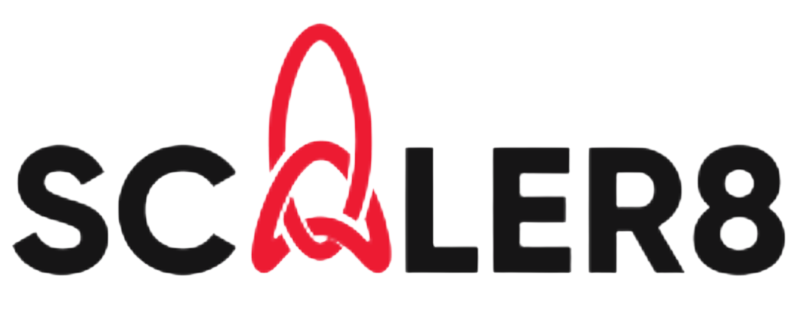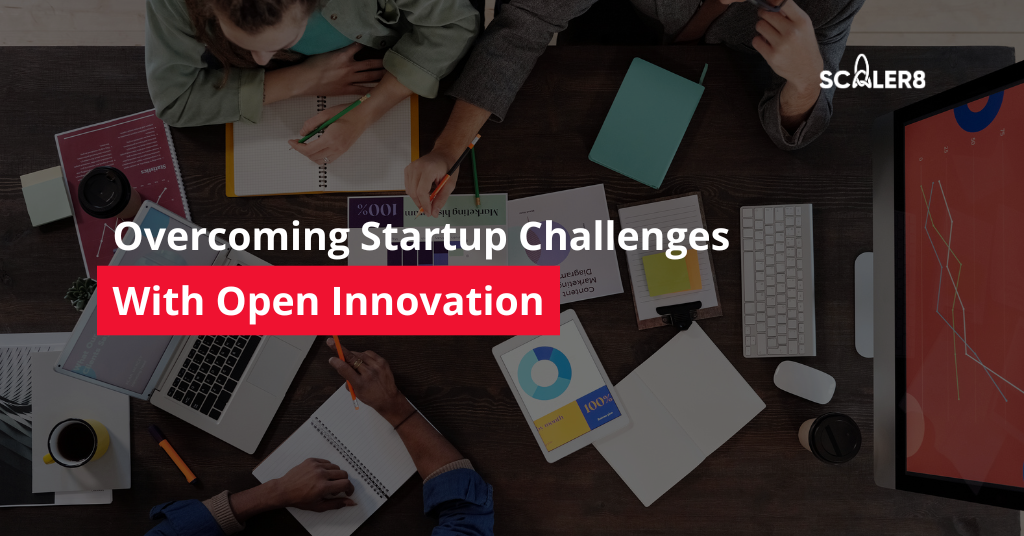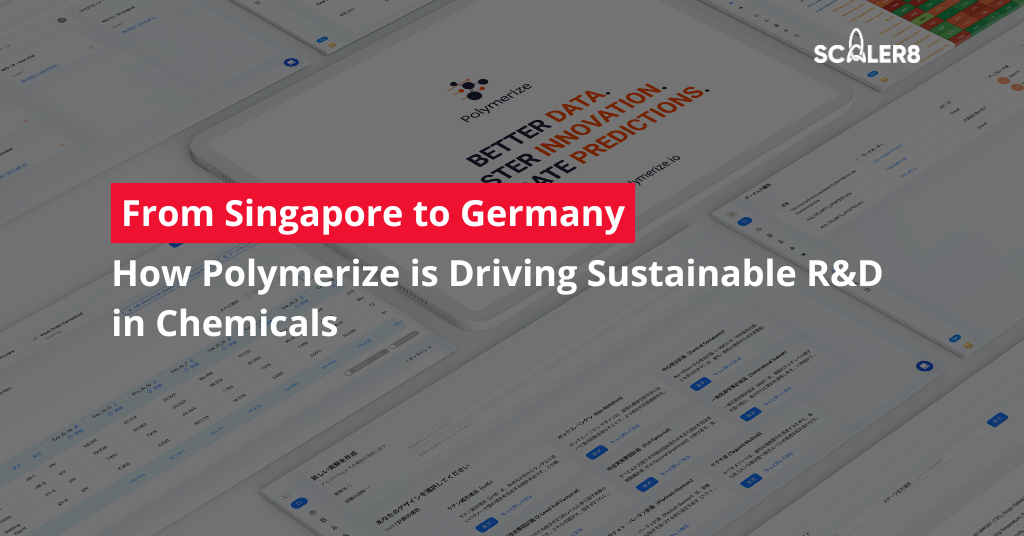Germany: The Ideal Startup Launchpad
For decades, Germany has been dominating the globe with high-quality manufacturing goods and cutting-edge innovation. Germany has become one of the fastest-growing technology markets in the world. Its tech sector is forecasted to grow up to 280 billion euros—a climb of more than 20%—by 2022.
The German government has transformed and innovated the country to become a leading destination for entrepreneurs around the globe, providing abundant resources and aid to new startup players in the field. German startups often find themselves knee-deep in government resources, ranging from incubation centres to registration support, seminars and funding.

Innovation and Growth Opportunity: The Open Innovation Model
However, relying on government support and the startup ecosystem is not the only way for startups to grow and innovate.
Startups can also look to collaborate with existing, established corporations looking to explore new ventures. This is known as the open innovation model, where corporations turn to external sources, such as startups, to come up with solutions to their problems or new revenue streams.
This innovation model is becoming increasingly popular–PwC’s 2017 Innovation Benchmark report revealed that 61% of corporate executives are embracing open innovation to generate new ideas.
Corporate-Startup collaborations bring about many benefits that are only possible through partnerships.

Established corporations have been found to struggle with identifying and integrating innovation into their long-running business model. Startups, however, excel in identifying disruptive opportunities and can develop pilots in these partnerships. In return, corporations are able to provide startups with the financing, resources, tools and knowledge to execute their groundbreaking ideas.
Startups are also able to gain access to their corporate partner’s markets, allowing for an easy way to experience scaling their business and testing their products in new markets. With corporate-startup collaborations, geographical constraints are often not an issue, and startups can be exposed to operating in international markets..
Collaborating with an established corporation is also an impressive addition to any startup’s portfolio. Having the backing of large companies and strong proof of concepts is likely to attract future customers.

Open Innovation Collaboration Examples
As startups enters a new golden era of growth, here are some prolific corporate startup collaborations in Germany to know.
Clark, The German Credit Bank, ING-DiBA, PSD Bank Hannover and N26
Clark, a digital insurance ‘Robo advisor’ startup based in Frankfurt, Germany, partnered with several banks to provide easy and quick access to a personalised insurance management system via its Bancassurance API. Bank clients are now able to optimise and improve their insurance circumstances through fair and transparent insurance policies to banking clients.
HelloFresh, Thermomix and Bosch
Food companies have also been partnering with technology for years. Take the example of HelloFresh, a publicly-traded startup from Berlin, provided cooking deliverables based on recipes specially designed for Thermomix, allowing consumers to enjoy easier and quicker HelloFresh meals. The startup also collaborated Bosch, a German multinational engineering and technology company by integrating its app with Bosch’s smart kitchen, Home Connect.
Blink and Munich RE
The first real-time resolution flight interruption insurance was made possible when Blink, a home automation startup partnered with Munich RE, a multinational insurance company based in Munich, Germany. This app was designed to provide its customers with flight alternatives at no additional cost in the event of a flight cancellation, a partnership that is without a doubt, an innovative breakthrough in travel insurance.
PayU and Kreditech
Access to credit services has now been simplified thanks to the collaboration between PayU, a payment gateway in the Netherlands, and Kreditech, a fintech company from Hamburg. PayU customers worldwide can now access credit services from Kreditech providing a greater variety of options to pay for items over longer periods providing Kreditech with an additional channel to its international expansion strategy.
BASF, Quantoz and Ahrma
BASF, a chemical company in Germany wanted to increase visibility into its supply chain. Together with startups Quantoz and Ahrma, BASF is able to combine blockchain technology with smart logistic pallets allowing its supply chain partners to make better and faster decisions through tracking and tracking its goods. The use of blockchain technology ensures transparency by acting as a digital ledger where transaction records can be accessed, shared and audited by BASF’s supply chain partners.
Looking for more insights on Germany?
Click here to read our latest articles.
Ready to collaborate with German corporates? Apply for Scaler8’s Open Innovation initiative here.




